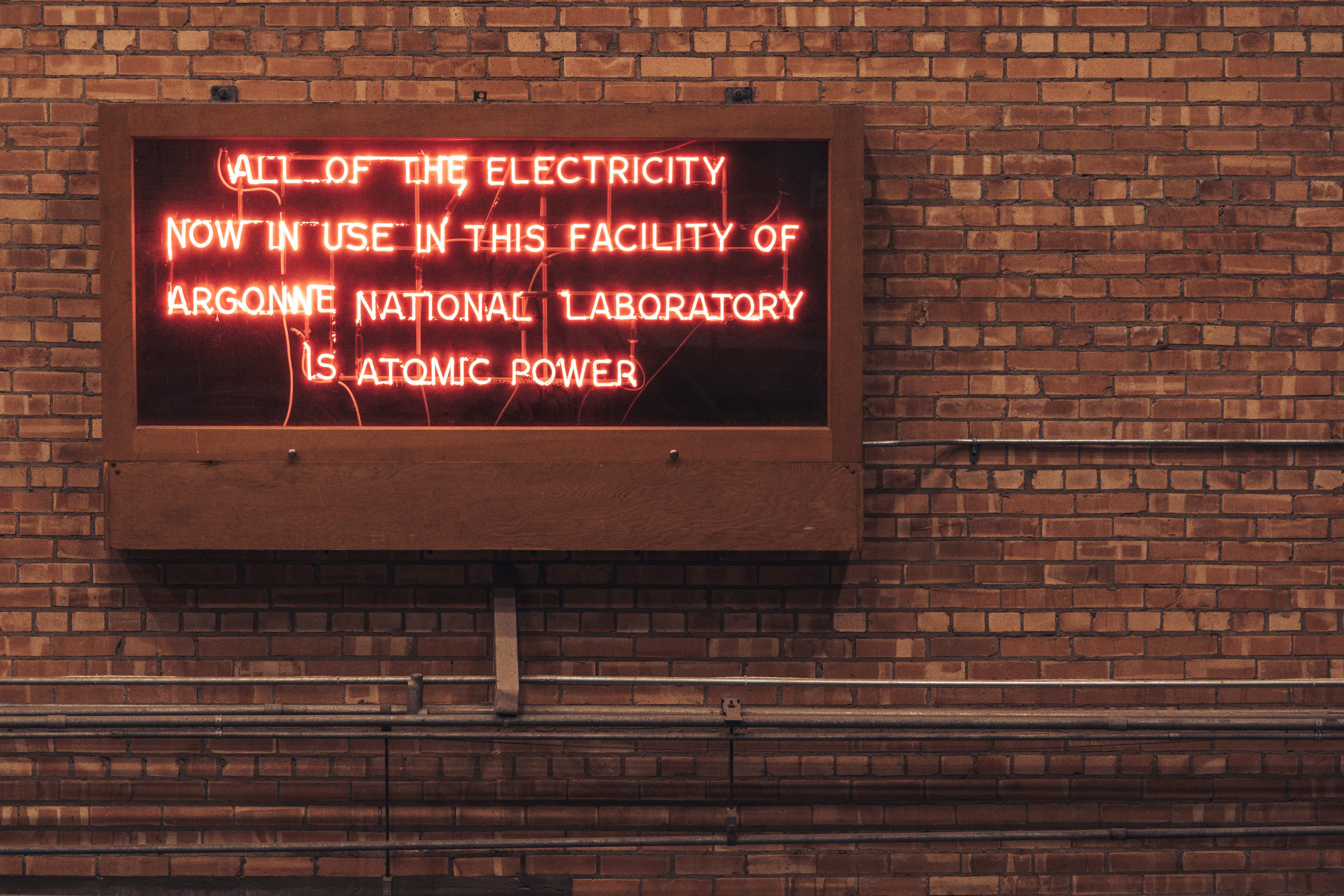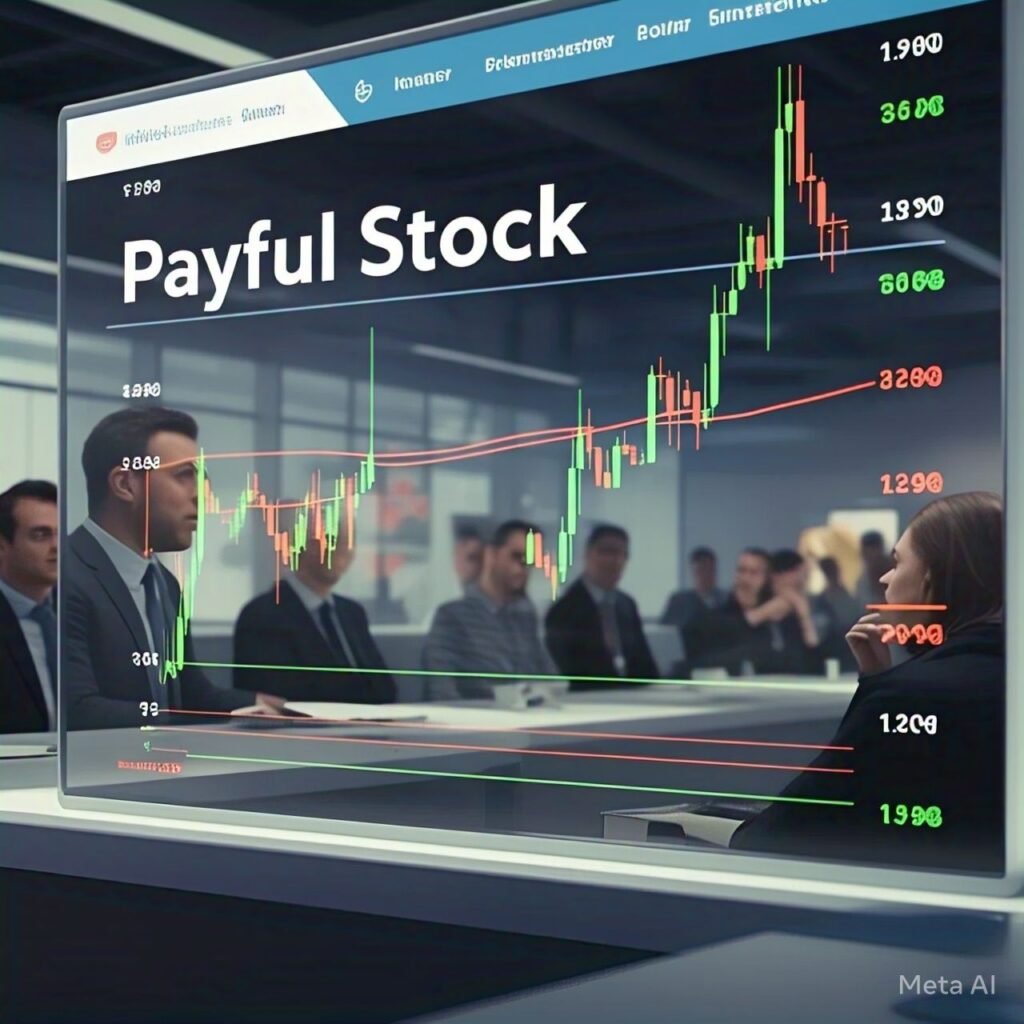
Understanding Nuclear Energy: The Basics
Nuclear energy is a form of energy produced through the process of nuclear fission, which takes place in reactors. During nuclear fission, the nucleus of an atom splits into two or more smaller nuclei, releasing a significant amount of energy in the form of heat. This heat is then used to produce steam, which drives turbines to generate electricity. As a reliable and efficient energy source, nuclear power plays a pivotal role in the global energy supply, accounting for about 10% of the world’s electricity production.
There are several types of nuclear reactors available today, with the most common being pressurized water reactors (PWR) and boiling water reactors (BWR). PWRs maintain the water used to transfer heat at high pressure, preventing it from boiling, while BWRs allow the water to boil directly in the reactor core. Each reactor type has its unique design and operational features, contributing to the overall versatility of nuclear power as an energy source. Advanced reactors, such as small modular reactors (SMRs) and Generation IV reactors, are also being developed to enhance safety and efficiency in the future.
One of the significant advantages of nuclear energy is its low carbon emissions. Unlike fossil fuels, which release harmful greenhouse gases during combustion, nuclear power generates electricity without creating carbon dioxide, making it a cleaner alternative in the fight against climate change. Additionally, nuclear energy produces a substantial amount of energy from relatively small amounts of fuel compared to traditional energy sources, ensuring a high energy output that can meet increasing global demands.
Historically, the nuclear industry has undergone significant changes, marked by milestones such as the first commercial nuclear power plant in the 1950s and the subsequent expansion of nuclear energy usage worldwide. However, challenges such as safety concerns, waste management, and public perception have also shaped the evolution of nuclear power. Understanding these fundamentals is crucial for anyone considering investing in this crucial energy sector.
Market Potential and Trends in Nuclear Energy Investment
The nuclear energy sector is undergoing a significant transformation, driven by advancements in technology, changes in regulatory frameworks, and increasing concerns regarding climate change. Today, investors find a promising landscape that reflects both the potential for robust returns and a shift in global energy paradigms. Recent technological innovations, such as small modular reactors (SMRs) and advanced reactor systems, are redefining the operational efficiency and safety standards of nuclear power plants. These developments not only enhance the appeal of nuclear energy but also improve its competitiveness in the broader energy market.
Regulatory changes play a pivotal role in shaping investment dynamics in nuclear energy. Many countries are reforming their energy policies to favor low-emission sources, aligning with international mandates on climate action. As governments commit to reducing greenhouse gas emissions, nuclear energy emerges as a viable option to complement renewable sources, thus fostering investment opportunities. Countries like the United States and those in Europe are revisiting their nuclear policies, reducing bureaucratic hurdles, and expediting project approvals, which further encourages capital flow into the sector.
International climate agreements, such as the Paris Accord, are also influencing nuclear investment trends, as nations strive to meet their carbon reduction goals. The recent wave of investment in nuclear energy is not limited to established players; new startups are entering the market, focusing on innovative solutions to enhance efficiency and sustainability. Key industry players, including large corporations and emerging enterprises, are vying for a position in this evolving sector, creating a balanced investment atmosphere. Analyzing the key players and their strategic moves offers valuable insights into future market performance, paving the way for informed investment decisions in the nuclear energy landscape.
Navigating the Risks of Investing in Nuclear Energy
Investing in nuclear energy presents a unique set of risks that potential investors must carefully consider. One primary concern is regulatory compliance. The nuclear sector is heavily regulated due to safety and environmental implications. Investors must stay informed about changing regulations that govern nuclear energy production, as these can significantly impact the viability and profitability of projects. For example, stringent safety measures can create delays and increase costs, thereby affecting investment returns.
Another critical risk involves public perception. Nuclear energy often faces skepticism from communities and environmental activists due to historical incidents like Chernobyl and Fukushima. These past disasters have led to lingering fears and opposition to nuclear projects, which can hinder development and investment opportunities. The influence of public perception cannot be underestimated; public opinion can sway political decisions, resulting in a more challenging regulatory environment. As such, investors must engage in proactive public relations strategies to foster community support for nuclear initiatives.
Safety concerns also loom large in the nuclear energy sector. Although modern reactors are designed with advanced safety features, any incident can lead to severe consequences, affecting financial performance and investor confidence. Incidents may not only involve physical risks but can also involve reputational risks that can have long-lasting impacts on a company’s brand and stock prices. To navigate these uncertainties, investors should conduct thorough due diligence, examining the safety records of companies and their proposed technologies.
To mitigate these risks, potential investors may consider diversifying their portfolios, thereby spreading exposure across various sectors of the energy market. Engaging with advisory firms that specialize in nuclear energy can offer insights into best practices and emerging trends, ensuring informed decision-making. With appropriate strategies, investors can effectively navigate the complexities associated with investing in nuclear energy.
Practical Steps to Start Investing in Nuclear Energy
Investing in nuclear energy offers a promising opportunity considering the global shift towards sustainable energy solutions. The initial step for potential investors is to understand the various investment vehicles available. Individual stocks in nuclear energy companies, exchange-traded funds (ETFs), and mutual funds serve as options for investors depending on their financial objectives and risk tolerance. Investors may choose to buy shares of companies such as utility providers or manufacturers that specialize in nuclear technology. ETFs can provide diversified exposure to multiple companies within the nuclear sector, which can mitigate risk through broad allocation.
Conducting thorough due diligence is crucial when considering investments in this sector. Investors should research company fundamentals, including financial health, growth prospects, technological advancements, and regulatory frameworks impacting nuclear energy. Evaluating market trends and geopolitical factors can also impact nuclear energy investments, highlighting the importance of staying informed regarding global energy policies. A proper analysis may involve examining annual reports, industry publications, and insights from reputable analysts to make enlightened investment choices.
Once investments are in place, monitoring and managing a portfolio concentrated on nuclear energy necessitates regular assessment of market conditions and individual stock performance. Utilizing financial news platforms and stock tracking tools can assist in keeping up-to-date with relevant developments. It is also recommended to create an investment strategy that includes periodic re-balancing of the portfolio to ensure alignment with financial goals. For those seeking further education, various resources are available, including online courses focused on energy investments, webinars, and networking opportunities with industry professionals. Engaging with reputable investment seminars can further empower investors to enhance their knowledge about the nuclear energy market.

